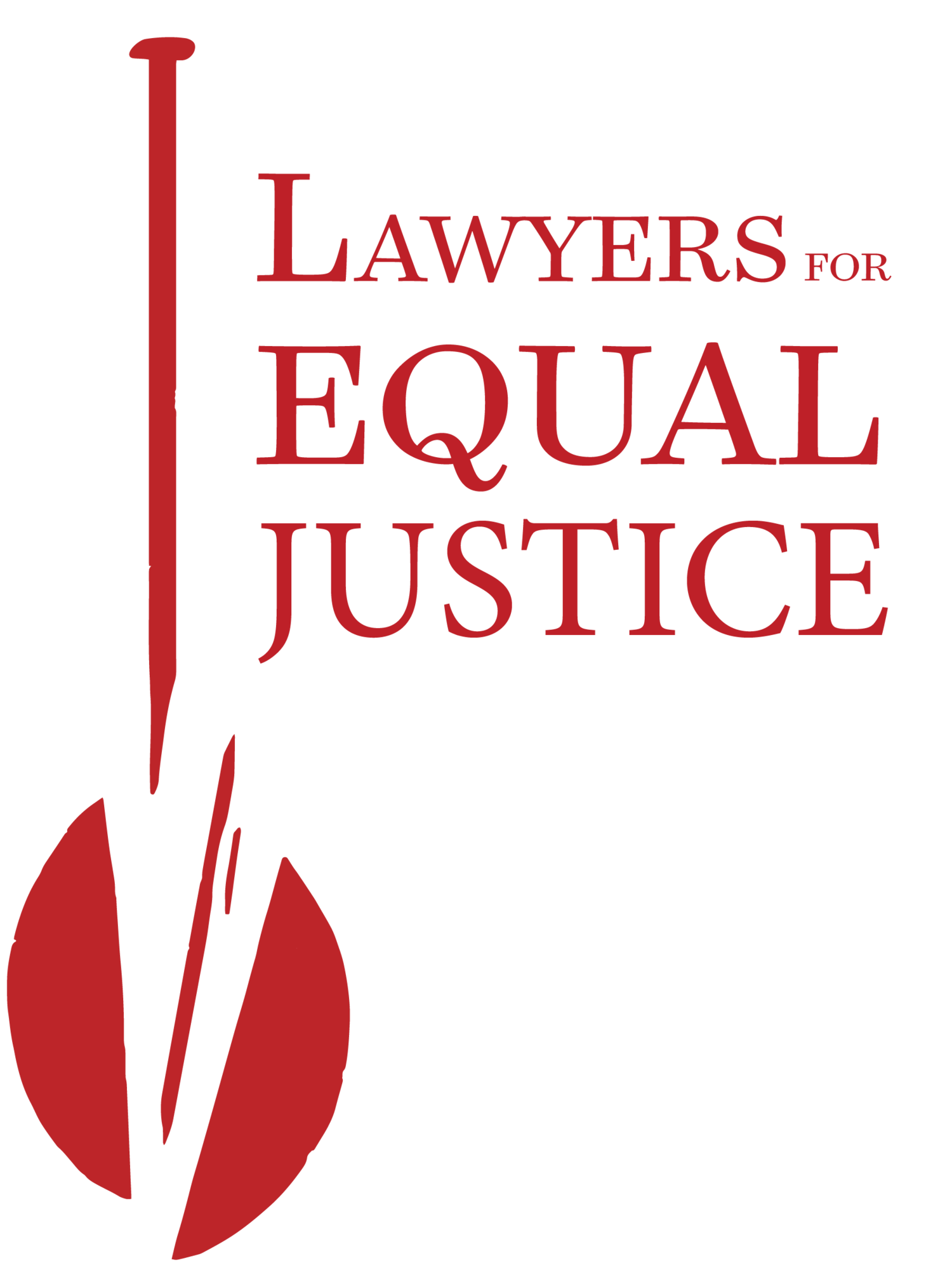Executive Summary
Every person has the right to live a dignified life. Essential to this dignity is the fulfillment of basic needs. Adequate medical care is one such need, but as a result of the high cost of healthcare in this country, it often goes unfulfilled.
In an effort to ensure that low- and moderate-income people have access to care, our federal government created the Medicaid program. Medicaid is the only source of health insurance for millions of low-income families. More than 100,000 keiki in Hawaiʻi get their health care through Medicaid.
However, the mental health care system for these children is broken. Patients, providers, and administrators alike agree that quality care is hard to come by—there is a catastrophic dearth of services for low-income youth. Thousands of the most vulnerable children among us live with untreated, severe mental illness, and the number only continues to grow.
This is not a new problem. In 2013, a Juvenile Justice Working Group created by the state of Hawai‘i issued a report highlighting deficiencies of the mental health system in the context of the juvenile justice system. The report included the following findings:
There is an “urgent need for enhanced access to mental health and substance abuse treatments,” especially at the early stages of a youth’s contact with the court.
Even after a youth’s needs are identified, those needs may be left untreated, leaving the youth to “languish in the system.”
Wait times and administrative criteria inhibit or “severely delay” access to treatment and services.
There is a “significant deficiency in treatment resources across the state.”
In August 2016, Lawyers for Equal Justice (LEJ) met with the then-leaders of the Hawaiʻi Department of Health (DOH) and Department of Human Services (DHS) to raise concerns regarding the mental health system surfaced by an extensive investigation involving the review of reams worth of public documents and interviews with service providers and others with knowledge of mental health services in Hawaiʻi. While the state provided assurances that it was working to address the issues, nearly three years later, the problems persist.
Meanwhile, Hawaiʻi’s children and youth who are struggling with mental health issues suffer the consequences. And all of Hawaiʻi’s is left to deal with the lifetimes of adverse impacts that result from each child who doesn’t receive adequate mental health treatment when it matters most.
In this report, LEJ summarizes its findings with respect to the accessibility and quality of mental health care for Hawaiʻi’s Medicaid-eligible youth. Many of the State’s practices violate the law. As detailed below, LEJ has filed suit in an effort to correct one of the clearest illegalities: the DOH’s failure to provide necessary mental health services to youth after they turn 18.
LEJ hopes that the State will take seriously the constructive criticisms set forth in this report; that the governor will direct the attorney general and the heads of DOH and DHS to take immediate action to address the problems identified; that the Hawaiʻi State Legislature will provide appropriate funding; and that DOH and the Department of Education (DOE) will take advantage of opportunities to renew their dedication to helping boys and girls struggling with mental illness.
These issues will be best resolved through a proactive, cooperative approach rather than protracted and expensive litigation that will almost certainly end in court orders directing the state to provide the vital services required by federal law. But something must be done.

